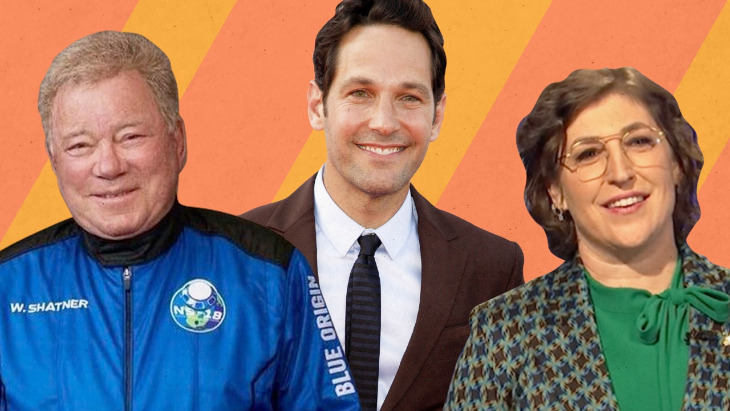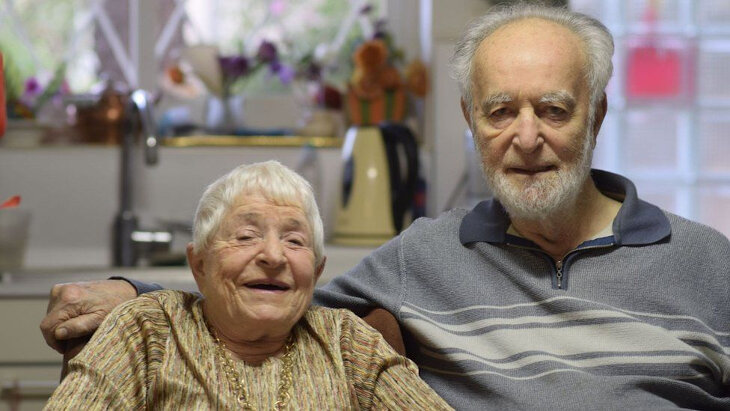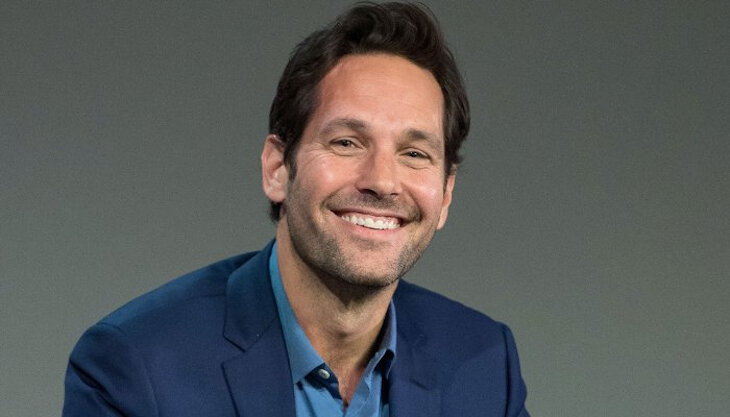 Iran’s Attack on Israel
Iran’s Attack on Israel


7 min read
2021 has been a year full of “unprecedented times”. These times haven’t always been easy, but we’ve seen the power of Jews around the world to inspire, build, and grow in meaningful ways.
Here are the most culturally significant moments for Jews in 2021 – the good, the bad, and the amazing.
A peaceful handover of power at the U.S. Capitol turned deadly when a violent crowd of Trump supporters featuring both Jews and antisemitic messaging tried to stop the certification of the presidential election, forcing Jews to reckon with the event. The U.S. saw the induction of the first female vice president and her Jewish husband, Doug Emhoff, the first-ever American second gentleman. And senator Bernie Sanders became a viral sensation, just by sitting down in the cold.

Israel pushed to vaccinate its citizens early and quickly, becoming a guiding force for the world’s attempts to combat the COVID-19 pandemic. Jewish excellence in science and medicine was on full display, as countries around the world were able to predict the vaccine’s impact based on Israel’s progress.
Three years after coming to Netflix and five years after its last episode had aired in Israel, hit TV show Shtisel finally came back for a third season. The show has been praised for its representation of Haredi Jews and has become a surprise hit – it’s good to have the family back.

At the end of March, a huge container ship ran aground in the Suez Canal, trapping itself and blocking global commerce that depended on the highly trafficked waterway for six days. The irony, of course, was that this happened in Egypt during the week before the holiday of Passover, where we celebrate, among other miracles, the splitting of the Egyptian Sea of Reeds.
Unfortunately, the modern Jewish experience includes antisemitism. Sometimes, the hate comes in ridiculous forms, like the now-pulled episode of NBC’s Nurses where an Orthodox Jew rejects a bone graft because it would be from “dead goyim leg,” or the resurfaced posts by a U.S. congresswoman claiming Jewish space lasers had started wildfires.
As many took the COVID-19 pandemic as an opportunity to pick up new skills, language-learning app Duolingo gave Jews the chance to finally learn Yiddish. If you’ve maintained a 269-day streak by this year’s end, congratulations!

On June 24, a condominium tower in Florida collapsed, killing nearly 100 people, and inspiring a response from the Jewish community of physical and moral support. In a time of difficulty and pain, Jews came together in search-and-rescue missions and prayer to try to save whoever they could.
Netflix reality show My Unorthodox Life became a flashpoint for discussion about Jewish representation – was it a good thing to show diverse Jewish stories, or was it a problem that seemingly one of the only ways to depict a religious Jewish lifestyle was by showing what it looked like to escape one? We’ll see what kind of reaction season 2 gets.

After a protracted search for and deliberation over the replacement for iconic Jeopardy! host Alex Trebek (and a sudden departure of a once-intended host due to certain antisemitic and other hurtful remarks resurfacing), Mayim Bialik, an observant Jew best-known for her role in the TV series The Big Bang Theory, was named as one of two hosts for the iconic show. She even stumped contestants with a piece of Jewish trivia about Shabbat.
 Theo and Ora Coster, Israeli game designers
Theo and Ora Coster, Israeli game designers
It seems like every year, there’s some new toy that every high school kid must have, and this year, it was Pop It!, a bubble-popping fidget toy that comes in all sorts of shapes and colors, and exploded in popularity. Of course, it was invented by Israeli Jews.
After the U.S. withdrew troops from Afghanistan, many scrambled to escape the country to safety before the Taliban would block the exits. Rescue efforts led by Jews tried to get the “last Jew in Afghanistan” out of the destabilized region, and for a brief moment, there was excitement to learn that a Jew so unique could exist – until we learned that his reason for staying in Afghanistan was to engage in the spousal abuse tactic of get refusal (also, there was at least one other Jew in the country after him). Instead, inspiration came from Jews like Moshe Margaretten and Moti Kahana, who helped refugees flee Afghanistan to safety, including much of the national women’s soccer team.
Facebook, WhatsApp, and Instagram crashed in a single day in October, but only one of them really mattered when it came to families and friends that spanned borders and continents. WhatsApp, which allows people to text without incurring international messaging fees has become a fundamental communication tool for many, especially Jewish communities around the world – by losing WhatsApp, we saw how much our families, friendships, and businesses relied on it.
Former Amazon CEO Jeff Bezos has been angling to win the billionaire space race, and this year, he launched several flights via his space tourism business, Blue Origin in hopes of doing so. One of these flights included the passenger William Shatner, a Jewish actor renowned for his role in Star Trek as Captain Kirk, and who became the oldest space traveler in history as a result.

Jewish pitcher Max Fried led the Atlanta Braves to victory in a game that contained what JTA called maybe “the most Jewish play in any Major League Baseball matchup ever.” Greg Joseph shined as the NFL’s only Jewish kicker. Jacob Steinmetz became the first known Orthodox Jewish player drafted into the MLB (see the excitement here). In December, Steinmetz spent three weeks learning at Aish Yeshiva. Yeshiva University’s basketball team won 50 games in a row, the longest active streak in men’s college basketball, becoming the top-ranked Division III team in the country. And Jews like beach volleyballer Alix Klineman and gymnast Linoy Ashram took home medals at the Olympics.

Joan Micklin Silver (director of iconic Jewish films Hester Street and Crossing Delancey), Larry King (legendary radio host), David Mintz (inventor of Tofutti, a non-dairy substitute), Norton Juster (author of The Phantom Tollbooth), Jackie Mason (controversial and classic Jewish comedian), and Stephen Sondheim (acclaimed composer and lyricist for many classic works of theater) were among those who passed away in 2021. We continue to be inspired by their contributions to the world.

Paul Rudd, the actor who once said, “I don’t practice Judaism; I perfected it,” was crowned People Magazine’s Sexiest Man Alive, which is really a win for all Jews.
Here’s hoping for even more good things in 2022.
